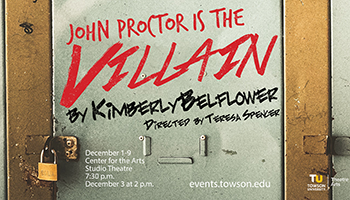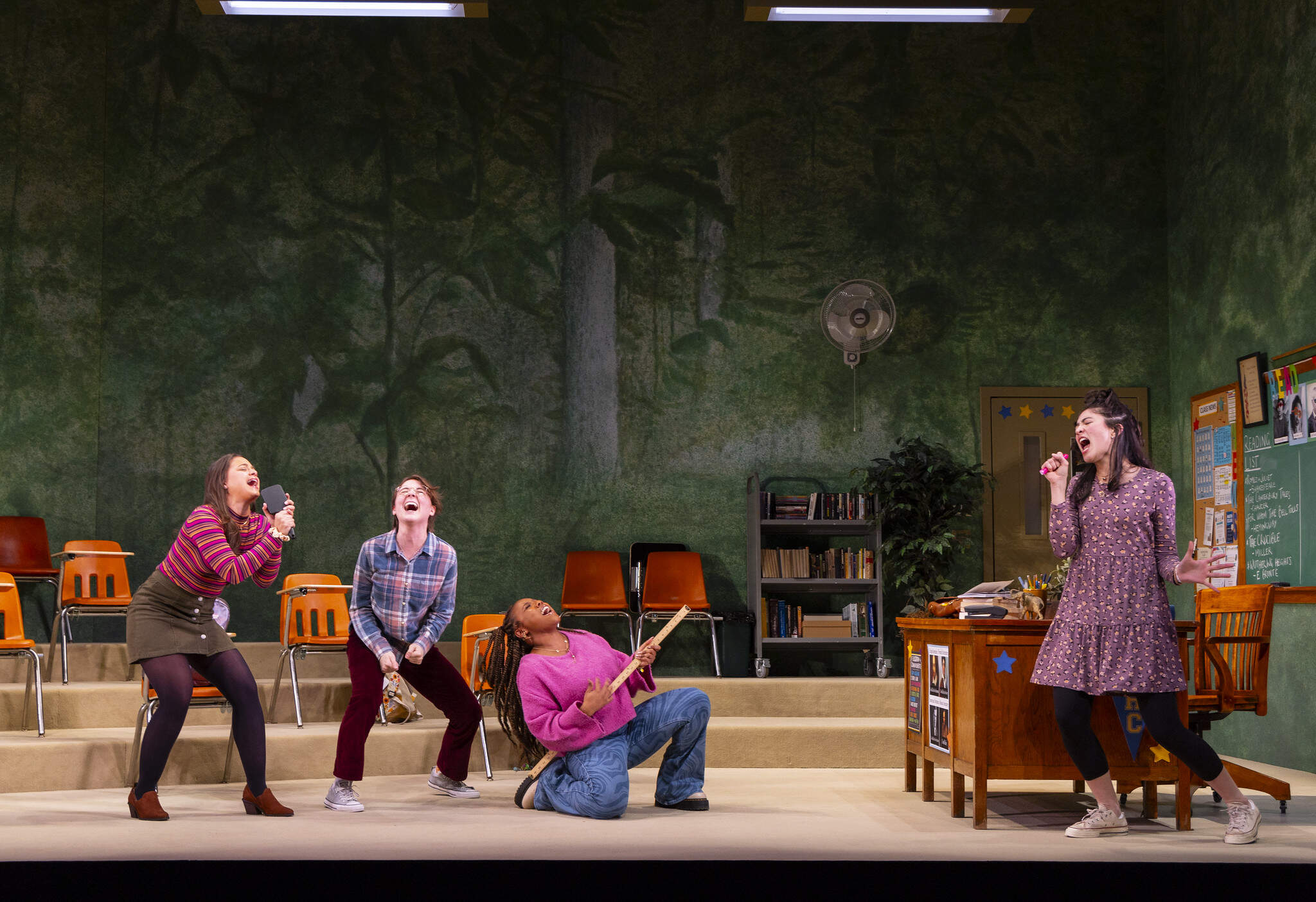Table of Contents
- Who is the hero in the Huntington Theatre's 'John Proctor is the ...
- Tickets | John Proctor is the Villain | Towson University Arts Box Office
- John Proctor is the Villain Broadway Tickets | Broadway Direct
- John Proctor in The Crucible
- "John Proctor is the Villain" 🎭 A Must-See Theatrical Adventure Awaits ...
- 'Maisel Day' 30-cent gas promo blamed for delays near 10 Freeway - Los ...
- MSMC Theatre Presents: "John Proctor is the Villain" | Mount Saint Mary ...
- John Proctor is the Villain | Chagrin Falls Performing Arts Center
- Who is the hero in the Huntington Theatre's 'John Proctor is the ...
- John Proctor is the Villain by Kimberly Belflower | Goodreads


For decades, John Proctor has been regarded as the tragic hero of "The Crucible," a man who falls victim to the hysteria and paranoia of the Salem witch trials. However, a closer examination of the play reveals a more nuanced and flawed character. Proctor's affair with Abigail, his former servant, is often seen as a minor transgression, but it sets in motion a chain of events that ultimately leads to the downfall of his community. Moreover, Proctor's refusal to admit his wrongdoing and his subsequent denial of Abigail's accusations can be seen as a form of gaslighting, further solidifying his role as a complex and multifaceted character.


Sadie Sink's Performance: A Game-Changer


Sink's Abigail is not simply a one-dimensional villain, but a multidimensional character with a rich inner life. Her performance has been praised for its subtlety and nuance, conveying the character's emotions and motivations through a range of subtle expressions and body language. As a result, audiences are forced to confront the possibility that John Proctor may not be the hero they thought he was, but rather a flawed and ultimately doomed character.


The Implications of a Flawed Hero


Ultimately, the debate surrounding John Proctor's character serves as a testament to the enduring power and relevance of "The Crucible." The play's exploration of themes such as morality, justice, and the dangers of unchecked power continues to resonate with audiences today. As we continue to grapple with the complexities of human nature and the consequences of our actions, "The Crucible" remains a powerful and thought-provoking work of theater that challenges us to confront the darkness within ourselves and our communities.
In conclusion, Sadie Sink's performance as Abigail Williams has brought a new level of complexity to the character of John Proctor, forcing audiences to reevaluate the true nature of the play's hero. As we continue to explore the nuances of human nature and the consequences of our actions, "The Crucible" remains a powerful and thought-provoking work of theater that challenges us to confront the darkness within ourselves and our communities. Whether or not John Proctor is ultimately a hero or a villain, one thing is certain: his story continues to captivate and haunt us, a testament to the enduring power of Arthur Miller's masterpiece.